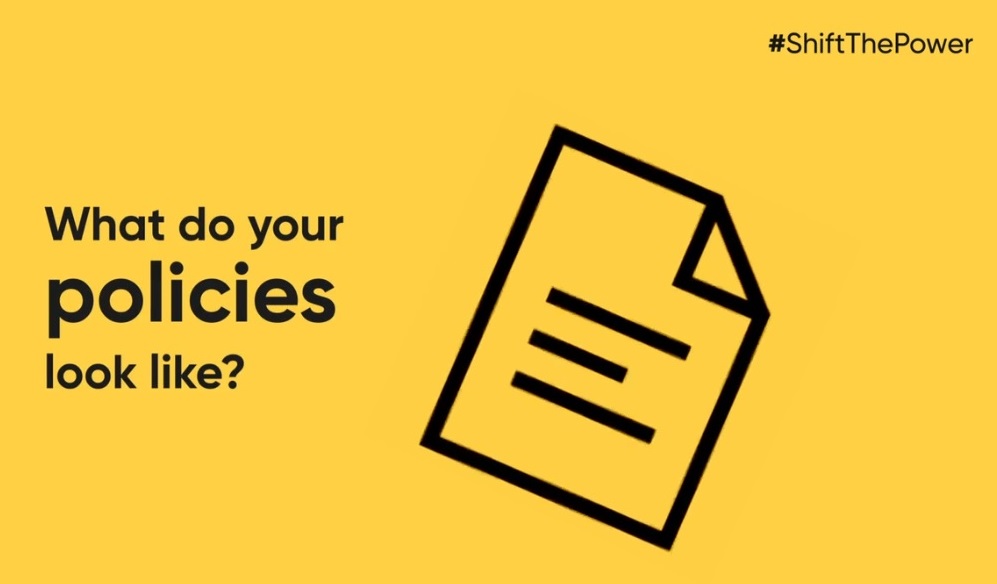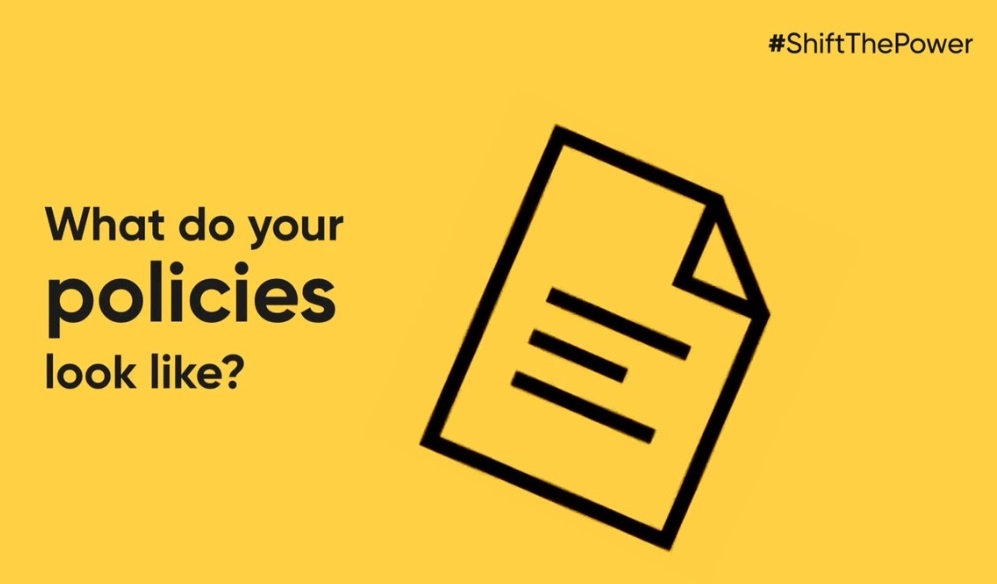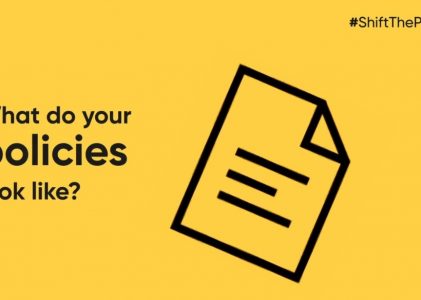
A key tenet for measuring results within development work is accountability, the course of which, for the longest time, has centered primarily on the relationship between funders and grantees. Ordinarily, the framework for accountability lies within grant agreements. This documentation, while it draws out the parameters that govern funder-grantee partnerships, continues to focus on age-old structured terms that struggle to adequately represent and redefine what accountability should look like today.
The role of accountability is largely viewed as one that is paramount, averting risks such as financial mismanagement and inadequacies in implementation capabilities. A study commissioned by the Dutch Ministry of Foreign Affairs showed that “issues of risk and risk management are among those that remain predominantly perception and attitude-based… not grounded in empirical evidence.” Consequently, this has resulted in a twisted approach to accountability and, ultimately, uneven power distribution in development work. Why then, have we kept it up for so long?
Issues of risk and risk management are among those that remain predominantly perception and attitude-based… not grounded in empirical evidence.
Show me yours, but I can’t guarantee that I’ll show you mine
The development sector continues to uphold a culture associated with top-down and vertical power as the basis for what accountability indicators should be. Developing frameworks for accountability within funding relationships for many local organizations starts with processes like organizational assessments and due diligence exercises undertaken by the organizations that intend to fund them. Although sometimes these kinds of assessments, when handled with care and real interest, can help build trust between donors and their partners, on the whole they tend to be one-sided. Local organizations receiving funding are, by default, expected to transparently share intimate details about themselves (When were you founded? Who is on your board? Who are your donors? What do your policies look like? Do these policies conform to standards and norms often determined in Western capitals that host many INGO headquaters? Do you have credible references that can vouch for your work? Do you have an exit plan?). Funding organizations are almost never subjected to this scrutiny. For fear of seeming difficult to work with, local organizations will not risk asking equally pertinent questions about the potential partners that they intend to collaborate with. Questions about the legitimacy or origins of a donor’s funds or the profiles of individuals with decision making power are never asked. Even before the ink is dried, the accountability scale is already one sided from the start.
For fear of seeming difficult to work with, local organizations will not risk asking equally pertinent questions about the potential partners that they intend to collaborate with.
This is how we have always done it
Through my experience with both grant seeking and grant making work, I have observed many problematic cultures that have been normalized. In some circumstances, grant agreements legally bind implementing organizations to specific timelines without acknowledgement for and accommodation of funding delays from donors. Where the chain of reporting is such that the results from implementing organizations are absorbed into long held donor processes, making changes to those processes is viewed as interference. This inadvertently results in pressure to report on planned results as a process of accountability – undermining trust and the spirit of mutual accountability. In situations like these, the burden of accountability is tied to the implementing partner organization in spite of bureaucratic delays caused by the funding organization.
Different contexts, yes, but these are the results WE plan on

In cases where programme development takes a top-down approach, notions of what success should look like are often predetermined by funders. Local organizations, as implementers, are then expected to absorb the defined indicators of success in their work. For instance, where multi-geography programmes are to be implemented, it is not uncommon for guiding programme documentation to consist of already drawn up Theories-of-Change and results metrics within expressions of interest announcements. This singular view on success and accountability metrics fails to consider the contrasting contexts within which programme plans are expected to be executed and how success is defined by implementing organizations. Because compliance to preset programme terms is naturally expected from implementing organizations, many find themselves resigned to adopting plans that do not cohere with the on ground realities.
Notions of what success should look like are often predetermined by funders.
Learning is outlined as a crucial component across most programme interventions. As an accountability metric, most funders require that it is reported on periodically. However, this requirement is set against systems of reporting that facilitate minimal and fast adaptation to changing programme needs and changing operating contexts. Bilateral and multilateral donors for instance often rely on reporting systems which, when applied to local implementation contexts, struggle to accommodate the varying settings and realities for local implementing partners. This rigidity consequently determines accountability indicators that pander to funder metrics while ignoring local constituencies and communities who also have a stake. These metrics end up limiting the scope of relevant accountability metrics in relation to the contexts in the Global South where development work is implemented. Learning and ultimately accountability therefore occur on the terms of funding partners that set the learning agenda.
Balanced accountability and shifting the power
It is crucial to acknowledge that how we define accountability from the start sets the precedence for how power is distributed in development work. In order to reimagine power in development and to collectively work towards its equitable redistribution to historically marginalized parties, we need to examine accountability, the imbalance in how it is framed and define new parameters of balanced accountability. Shifting the power requires viewing partnerships as mutually beneficial and therefore mutually accountable to one another. While private funders tend to have more flexible accountability practices as compared bilateral funders – there is still a lot of work to be done by both types of funders. A report by the William and Flora Hewlett Foundation found that because mutual accountability is difficult to operationalize, “organizations need to have a clear shared understanding of the specific practices that will help ensure that all parties can hold one another accountable, especially in the presence of power imbalances.”
It is crucial to acknowledge that how we define accountability from the start sets the precedence for how power is distributed in development work.
There will always be a learning curve with bringing mutual accountability to life, and a good starting point is for funders to be brave enough to articulate that they are aware of the power imbalance related to mutual accountability and what their power sharing/shedding practices are.
These could include a commitment to transparency should the partner ask about the funders strategic plan or sources of funding or feedback on an unsuccessful grant application. Support the vision to measure what matters to grantees and their work and not merely imposing the desired funder results. Offer an anonymous platform or channel for grantees to offer candid feedback on funder practices. Hopefully some of this can start to form the building blocks on which funders give up some of their power to submit themselves to mutual accountability.
Maureen Andinda is a development strategy practitioner interested in localization within development work. She tweets @M_Andinda.
If you liked this post, you might also like;

